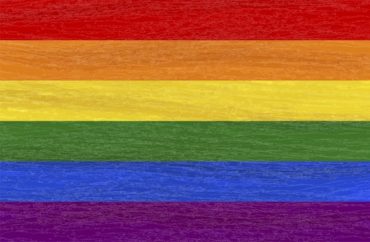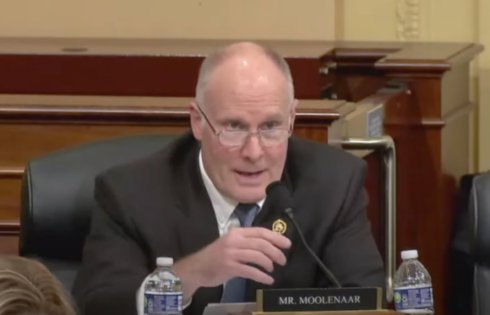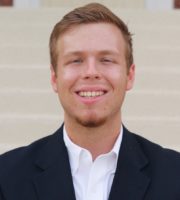
Multiple classes with no material citation
Multiple schools that offer extensive training and educational opportunities on LGBT issues are refusing to say where they get their instructional material, who writes it, and who on campus is qualified to teach it.
Drexel University, Duke University, Georgia Tech and the University of California, Davis all have active and dedicated LGBT resource organizations that offer students numerous opportunities for learning about lesbian, gay, bisexual and transgender culture. The websites for these organizations offer very little information about where the material for those classes and workshops come from.
The College Fix reached out to each organization multiple times via email and phone asking for that information. None offered it. Reached via phone Wednesday evening, a representative from UC-Davis’s LGBTQIA Resource Center said The Fix‘s queries would be passed on to a supervisor.
‘Foundational information’
The LGBTQIA Resource Center at the University of California, Davis offers students an “Ally Training” workshop that covers “foundational information about sex, gender identity, gender expression, and sexual orientation in a socio-historical context.” Those who take part in this program “have the opportunity to examine their knowledge and beliefs and begin the process of critiquing paradigms and systems that are harmful to LGBTQIA people,” the website says.
The organization also offers a “guide to pronouns for allies,” an “LGBTQIA ally tips” resource, and a “words that hurt” section on their site.
In its “ally tips” section, the resource center presents a whopping 58 tips to keep in mind when interacting with and learning about the LGBT community. The school calls on students to “confront” transphobia, says “transgender women” should have access to “women-only” spaces, and tells cisgendered students to come to terms with their “privilege and prejudice.”
Elsewhere the page advises: “Don’t out trans people. This could be dangerous to their safety. Likewise, be aware of your surroundings when discussing trans issues with a trans person. For their safety & comfort, they may prefer not to discuss these topics in public places or among strangers.”
“Words that hurt,” according to their website include “he-she,” “you guys,” “illegal alien,” “crazy” and “dumb.” Each item includes an explanation as to why the words in question are hurtful. “He-she,” for example, is said to be “demeaning and invalidates an individual’s identity and the pronouns that they use.”
‘Basic introduction’ to LGBT issues
Drexel University, meanwhile, offers students an “LGBT 101 Training Session” that provides “a basic introduction to issues relevant to lesbian, gay, bisexual, transgender, queer and questioning (LGBTQ) people.” It is not evident from the event listing who teaches the course.
The school also offers a “Gender and Sexuality Resource Space,” though it is not clear whether it is a physical space or if it is merely a webfront or something else. The school website describes it as “a place for everyone…a friendly, supportive environment for people of all sexual orientation and gender identities to explore, celebrate, and educate the campus community about the diverse gender and sexual identities.”
In Durham, North Carolina, Duke University’s Center For Sexual and Gender Diversity offers “Trans 101″ training. The website says this curriculum “serve[s] as an introductory workshop to allow students, staff, and faculty the opportunity to learn about identities related to sex, gender, gender identity, and gender expression; learn about the vast experiences of members of the trans community; and begin exploring systems of privilege and oppression resulting in transphobia and cissexism.”
Duke, meanwhile offers “P.R.I.D.E. Training.” The program, the acronym of which stands for “Pursuing Respect, Inclusion, Diversity, and Equity,” is touted as a “signature educational program aimed at increasing awareness of issues impacting those with marginalized sexual orientations, gender identities and gender expressions.” Students can receive “Responsible Conduct of Research” credit for attending the training
Georgia Tech’s LGBTQIA Resource Center also offers a “Trans 101” course to help students define transgender terms, be more “inclusive,” and understand the “barriers” transgender people reportedly face. The resource center actually offers around half a dozen different types of training, including “Safe Space” instruction, “Level Up” (described as “an advanced allyship course”) and “Greek Allies.”
MORE: Transgender training on campus is poorly attended, study finds
MORE: Student government demands that resident advisors be forced to undergo LGBT training
IMAGE: jelisua88 / Shutterstock.com
Like The College Fix on Facebook / Follow us on Twitter






Please join the conversation about our stories on Facebook, Twitter, Instagram, Reddit, MeWe, Rumble, Gab, Minds and Gettr.